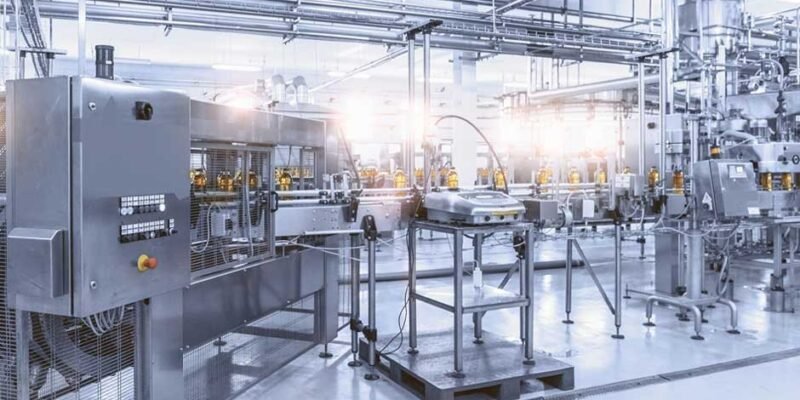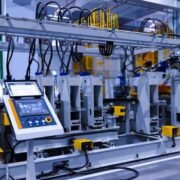Filtration media plays a pivotal role in most industrial operations. From recycling liquid lubricants to managing wastewater, manufacturers utilise at least one, if not several, diverse filtration processes. As technology and innovations in filtration media progress, forward-thinking businesses’ equipment and materials remain competitive to boost operational efficiency and performance.
What Exactly is Filtration Media?
Filtration media is essential to separate solid particles and impurities from liquids. This occurs by forcing the contaminated fluid stream through a porous barrier or filter sheet that collects and traps debris particles while allowing the purified liquid to pass through. The benefits are substantial since filtration enables businesses to recycle and repeatedly reuse the same oils, coolants and lubricants without risk of mechanical damage or operational disruptions due to contamination.
Moreover, filtration media itself comes in many physical forms and formats. For example, some industry-leading suppliers offer extensive media ranges in rolls, pads, sheets or cartridges tailored towards specific applications. Depending on the precise composition and fabrication method, each distinct filter media product can reliably capture particles down to 150 microns or even as low as 5 microns.
Choosing the optimal filtration media composition and product construction is vital for any application to guarantee that all unwanted contaminants and particles within a given range are efficiently removed from the working fluid or air stream.
Where is Filtration Media Used?
Numerous industrial and commercial applications utilise filtration media, including:
- Industrial wastewater management
- Primary metals manufacturing
- Chemical processing and synthesis
- Machining, grinding and finishing processes
- Parts washing systems
- Food and beverage production
- Air handling and ventilation
- Pharmaceutical manufacturing
Most manufacturing, chemical processing and food production operations inherently generate contaminants ranging from metal chips to moisture droplets that can profoundly degrade production efficiency and product quality if not adequately filtered out.
Why are Filtration Processes So Crucial?
There are many important reasons to implement proper filtration processes, especially across heavy industries like metalworking and petrochemical refining, where equipment reliability and safety are paramount.
For example, membrane microfiltration effectively dewaters oily sludges, yielding cleaner wastewater streams that significantly reduce waste disposal costs. In critical manufacturing processes, sophisticated machines such as CNC lathes universally depend on clean, filtered lubricating oils.
These two examples alone underscore why comprehensive filtration is invaluable, as it protects capital equipment via contamination control and realises major cost savings via purification and reuse of expensive chemicals and oils.
Innovations in Filtration Media
Continual advancements in equipment design, filtration processes and media materials are progressively transforming reliability and efficiency across diverse industrial plants. From sustainability improvements to better capture capabilities, media manufacturers continually seek advancements, including:
Sustainable Filtration
With environmental responsibility across industries, even small filtration changes can bring big impacts. As sustainability becomes further embedded within corporate values, expect renewable, plant-based or fully biodegradable filter media to become more prevalent.
Nanofibre Filtration
While current filters down to 5 microns, newer nanofibre technology offers far superior efficiency. With fibres ranging from 100-500 nanometres, nanofibre media also removes minuscule particles like bacteria and viruses, delivering medical-air air purification capabilities within sensitive environments.
Advanced Membrane Media
Advanced Membrane Media Membrane filtration has long excelled at separating liquid and solid compounds and removing haze particles down to 0.1 microns. While fundamentally established, experts continue improving membrane morphology, pore density, flow dynamics, chemical resistance and fouling mitigation through cutting-edge materials science.
Need Quality Solutions and Expert Information?
Industrial filtration media today looks drastically different than 40 years ago and will inevitably progress over the next 40. Consult closely with expert filtration specialists who understand your facility’s precise demands and operating conditions to develop tailored solutions addressing efficiency and cost-effectiveness while limiting manual interventions.















Comments